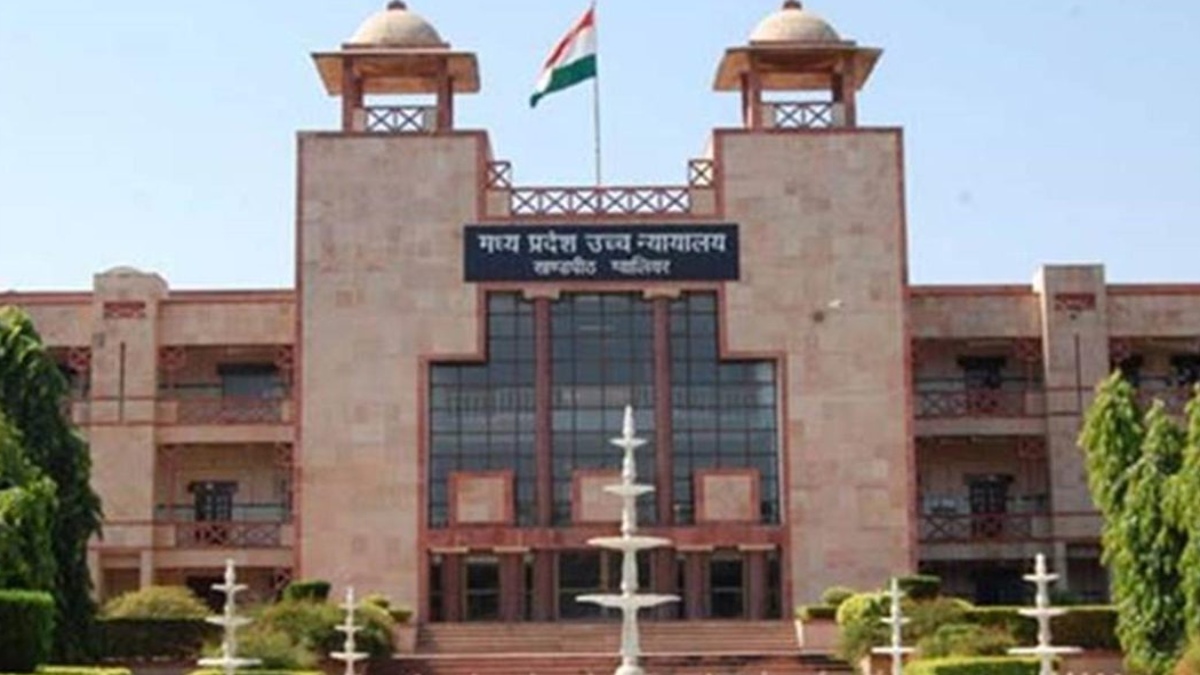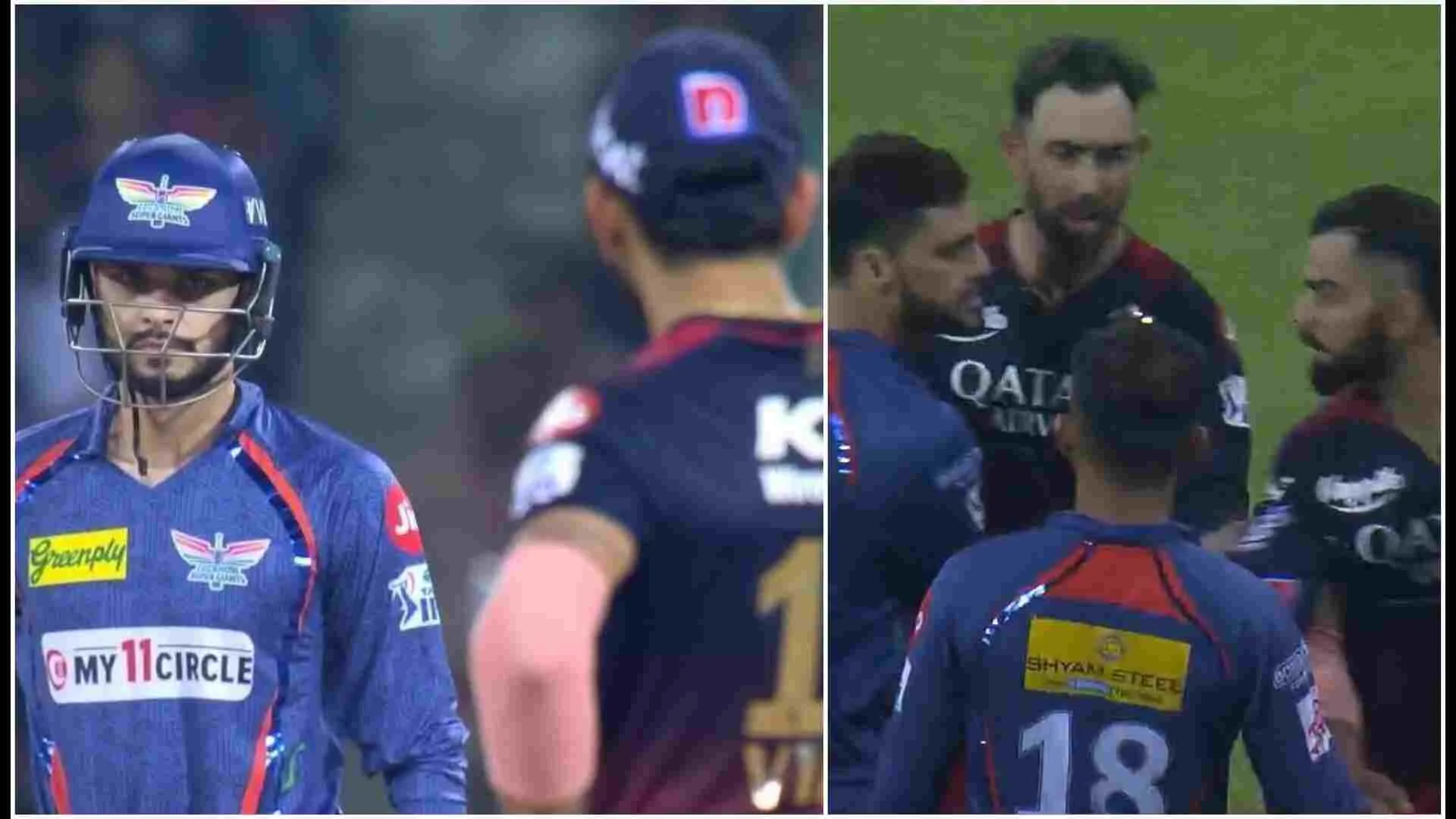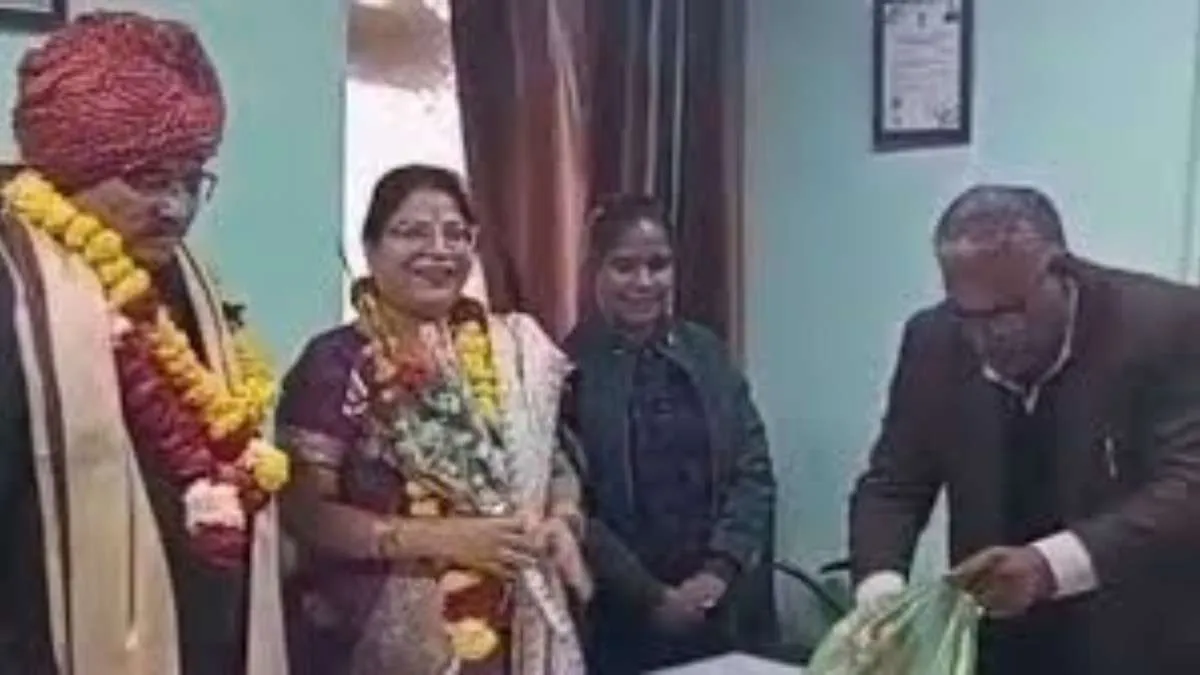It cannot be just lightly glossed over that none other than the Madhya Pradesh High Court Bench at Gwalior has in a recent, refreshing, remarkable, robust and rational judgment titled Devendra Lodhi Vs State of M.P. in MCRC-21305/2022 and cited in 2022 LiveLaw (MP) 131 that was delivered finally on April 29, 2022 has expressed its serious concern pertaining to the Sessions Courts blindly rejecting the bail applications of the accused without going into the merits of the case. The Court further lamented that even for petty matters, the litigants were being forced to approach the High Court from remote and deserted regions, putting ‘unnecessary financial burden on them’. It cannot be denied that what the Gwalior Bench of Madhya Pradesh High Court has pointed out is most despicable and it is the poor individuals who have to undergo the worst suffering in this whole process when their bail application is rejected by the Sessions Courts without even going into the merits of the case.
To start with, this brief, brilliant, bold and balanced judgment authored by a single Judge Bench of the Gwalior Bench of Madhya Pradesh High Court comprising of Justice Deepak Kumar Agarwal sets the ball rolling by first and foremost putting forth in the introductory portion most clearly that, “Shri A.K. Dwivedi, learned counsel for applicant. Shri Pramod Pachori, learned Public Prosecutor for respondent/State. This is first bail application u/S.439 Cr.P.C filed by the applicant for grant of bail.”
Simply put, the Bench then observes in the next para of this learned judgment that, “Applicant has been arrested on 9.3.22 by Police Station, Gulabganj District Vidisha in connection with Istagasa No.1/22 for the offence punishable under Sections 379, 411 of IPC.”
To put things in perspective, the Bench then while elaborating on the prosecution case envisages in this new para of this brilliant judgment that, “As per prosecution case, on 8.3.22 Police Personnel of Police Station Gulabganj District Vidisha along with force were doing checking at Burry Chauraha one unnumbered motorcycle Pulsar Black Colour came. On the suspicion, motorcycle was stopped. On seeing police personnel he tried to run away but with force, he could catch hold. On enquiry he narrated his name as Devendra. When documents were inquired, he was having no document regarding motorcycle. Besides this he could not justify the possession of motorcycle. Motorcycle was seized and he was arrested under Section 41 (1-4), 102 CrPC r/w 379 IPC. On Istagasa No. 01/22 under aforesaid offences was registered. From Narayan one motorcycle, from Veer Singh Lodhi one motorcycle, from Radheshyam one motorcycle and from present applicant one motorcycle was seized. Veer Singh, Narayan and Radheshyam were given notice under Section 41(A) CrPC to appear before the Court on 21.3.22 at 11 am. Applicant accused was arrested on 9.3.22. till today no offence has been registered against him despite lapse of about 51 days.”
On the one hand, the Bench brings out in the next para of this laudable judgment that, “It is submitted by learned counsel for the applicant that the applicant is innocent and he has falsely been implicated in the offence. Conclusion of trial will take time. He shall abide by all the directions and conditions which may be imposed by this Court. On such premises, learned counsel for the applicant prayed for bail.”
On the other hand, the Bench then reveals in the very next para of this brief judgment that, “Learned counsel for the State opposed the application and prayed for its rejection.”
After hearing both the learned counsels of both the parties and after perusing the material on record, the Bench then stipulates in the next para of this noteworthy judgment that, “Looking to the aforesaid facts and circumstances of the case, without commenting upon the merits of the case, this Court is of the opinion that the application should be allowed and by allowing the application, it is ordered that if applicant furnishes bail bond of Rs.25,000/- (Rupees Twenty Five thousand only) with one solvent surety in the like amount to the satisfaction of the trial Court, he shall be released on bail.”
Furthermore, the Bench then directs in the next para of this extremely commendable judgment that, “He will present during trial before the trial Court on each and every date.”
What’s more, the Bench then also observes in the next para of this remarkable judgment that, “Application stands allowed and disposed of.”
In addition, the Bench while deciding a bail application moved by the applicant under Section 439 CrPC then most significantly goes on to hold what forms the cornerstone of this most laudable and learned judgment that, “Bail ought to have been granted by the Court below. This Court is having day to day experience that the Court Below without going into the merits of the case, blindly rejects the bail applications of accused. It is a matter of great concern that in these type of petty matters, litigants has to approach this Court, despite Sessions Court are established all over the State to access the justice easily to the persons living in remote and deserted area. The Sessions Court and High Courts are vested with concurrent powers under Section 439 CrPC. To approach the High Court from remote places creates unnecessary financial burden upon the litigants. This type of order passed by court below frustrates the very purpose of establishing Court of Sessions in all parts of the State. It is also pertinent to note that while deciding a bail application Court is not convicting or acquitting a person, only liberty is extended to the accused from custody, during trial with certain conditions.”
Going forward, the Bench then on a candid note while sending a clear warning to the Court which passed the judgment held that, “Learned court below (Smt. Vandna Jain, IIIrd Additional Sessions Judge Vidisha) is advised to pass order in future after going through provisions of law and the evidence collected during investigation and not reject the bail application blindly.”
Finally, the Bench then on a concluding note hastens to add in the last para of this learned judgment that, “Let a copy of this order be put up before the Portfolio Judge of District Vidisha for information. Certified copy as per rules.”
All told, the sum and substance of this extremely commendable, courageous, concise and cogent judgment is that Justice Deepak Kumar Agarwal of the Gwalior Bench of Madhya Pradesh High Court has sent a very strong, sensible, simple and straightforward message to all the Sessions Courts Judges and lower courts Judges that they should simply desist from just blindly rejecting the bail application of the accused without applying their judicial mind on the merits of the concerned case which cannot be ever justified. It also cannot be lost on us that Justice Deepak Kumar Agarwal has just not refrained himself from expressing his utmost serious concern on the growing tendency of Sessions Court blindly rejecting the bail application of the accused due to which the accused and his family have to suffer the most for no fault of theirs. What these Sessions Court Judges tend to be simply oblivious of is what the eminent former Supreme Court Judge late VR Krishna Iyer said in this regard that, “Jail is the exception and bail is the rule.” This time tested dictum of Justice Krishna Iyer should not just be in the syllabus of law books but should also strictly be applied by the Sessions Court Judges in the day to day cases also as we see in this leading case also! Let’s fervently hope so!
After hearing both the learned counsels of both the parties and after perusing the material on record, the Bench then stipulates in the next para of this noteworthy judgment that, “Looking to the aforesaid facts and circumstances of the case, without commenting upon the merits of the case, this Court is of the opinion that the application should be allowed and by allowing the application, it is ordered that if applicant furnishes bail bond of Rs.25,000/- (Rupees Twenty Five thousand only) with one solvent surety in the like amount to the satisfaction of the trial Court, he shall be released on bail.”













